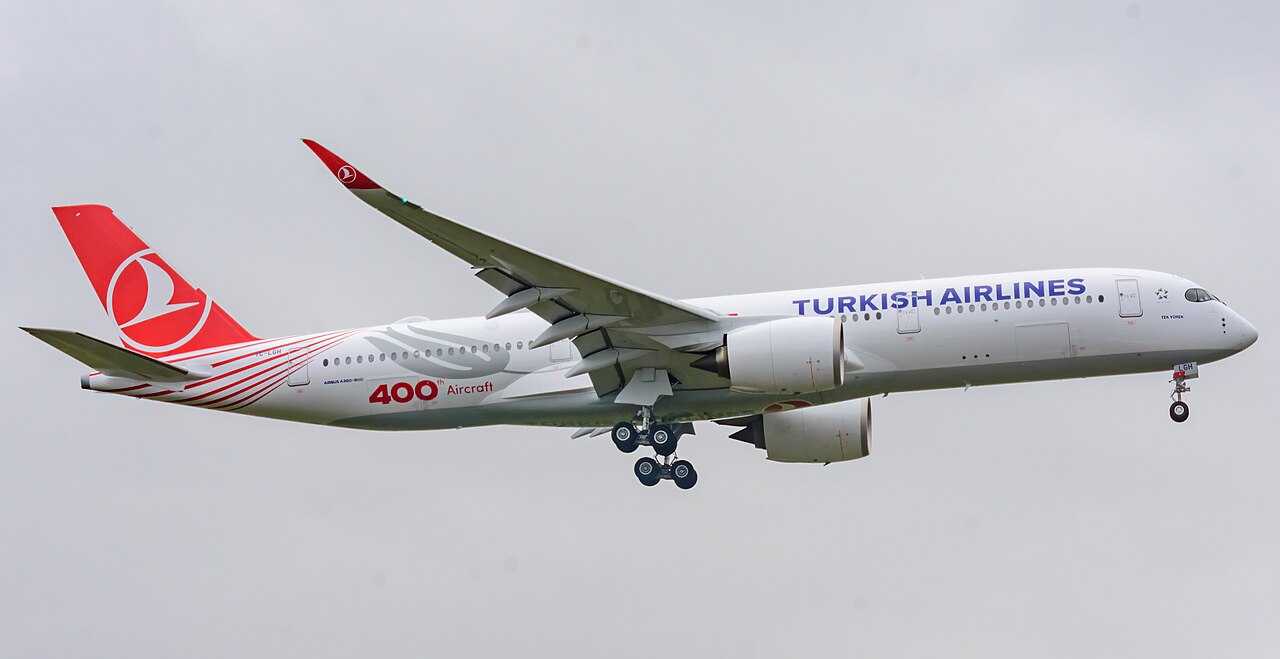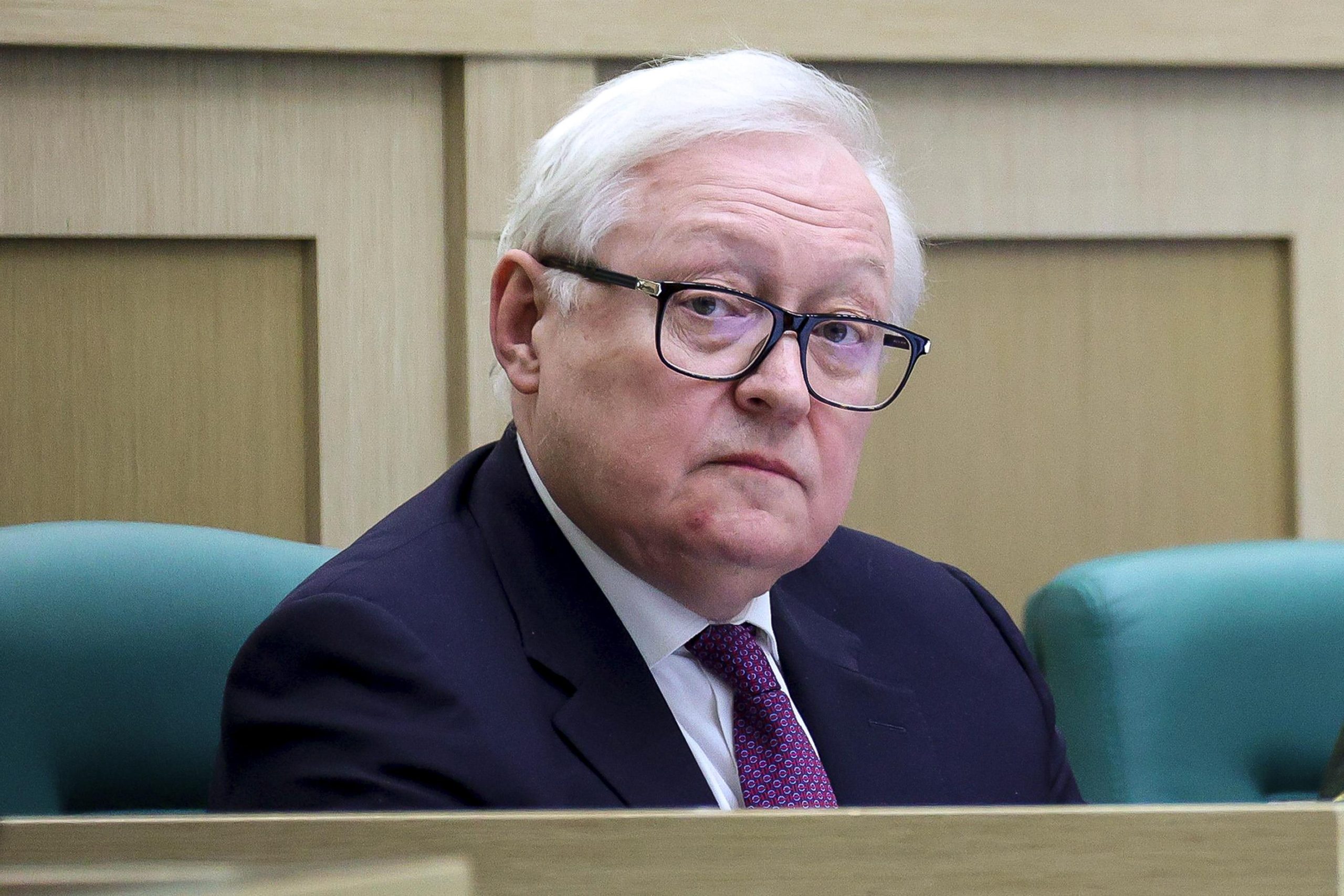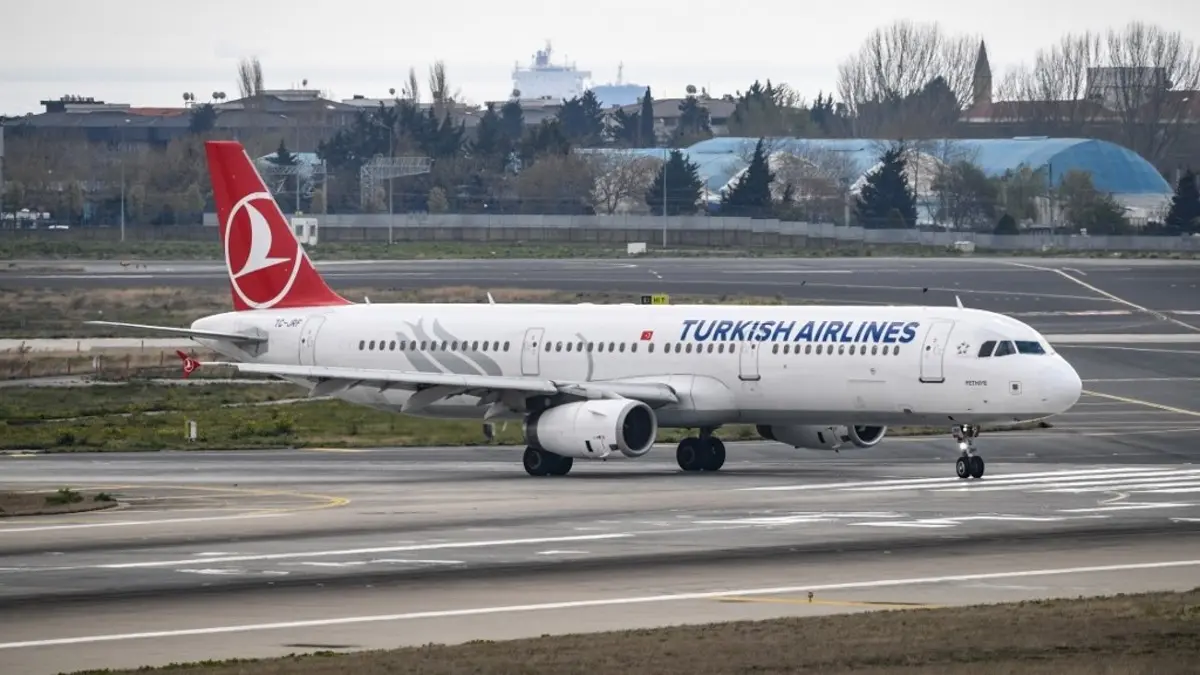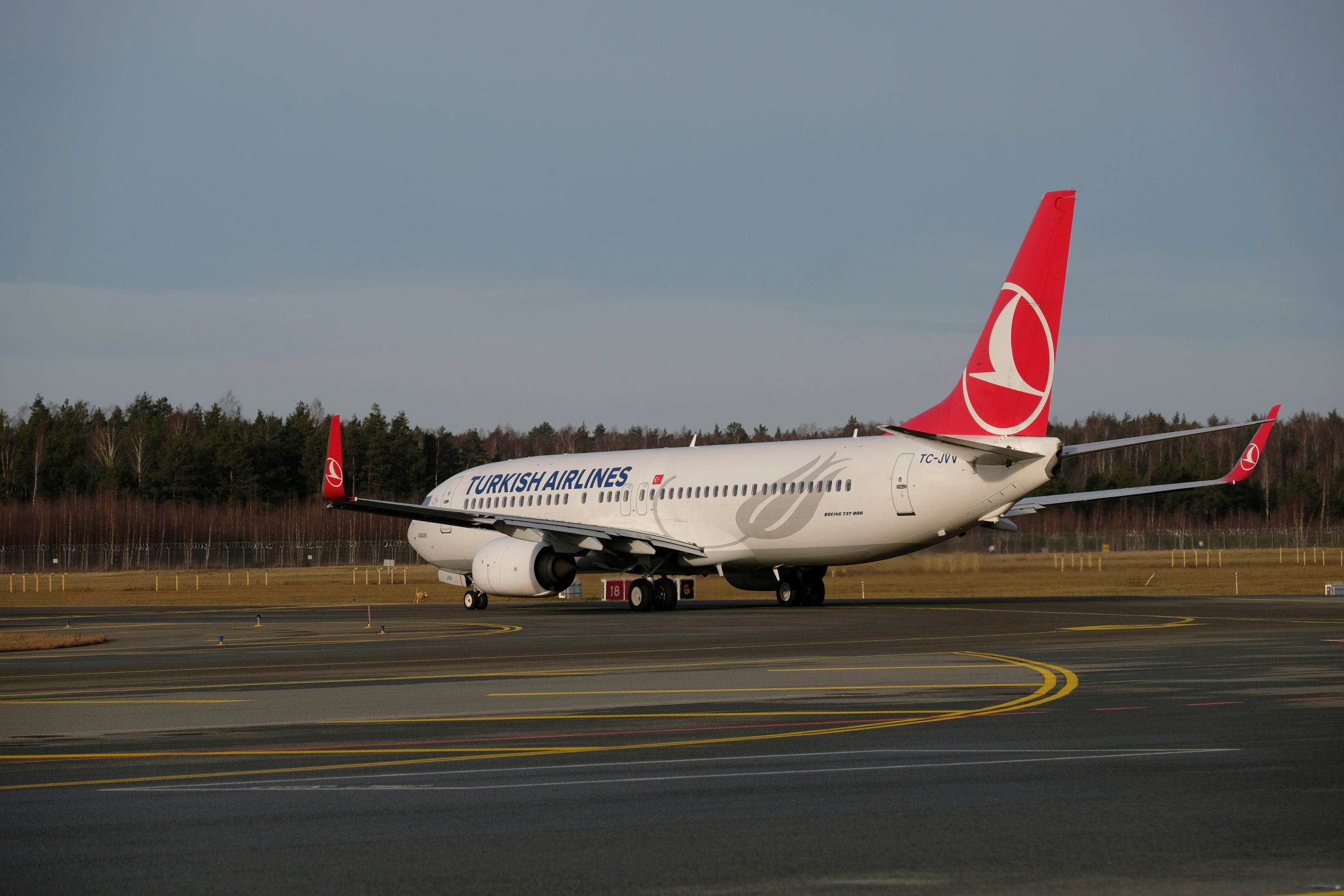In a developing diplomatic dispute, Russian Deputy Foreign Minister Sergei Ryabkov has castigated the United States for allegedly pressuring Turkish Airlines to obstruct Russian citizens from traveling to Mexico via its flights.
The accusation arises following complaints from Moscow’s embassy in Ankara, highlighting instances where Russian passengers faced arbitrary denials of boarding while transiting through Istanbul en route to select Latin American destinations.
Ryabkov, quoted by the TASS state news agency, insinuated that Washington’s influence may be a driving force behind Turkish Airlines’ actions, particularly concerning flights bound for Mexico.

However, no concrete evidence was provided to substantiate the claim. Industry insiders, including Artur Muradyan, vice president for international tourism at the Russian Association of Tour Operators, echoed suspicions of U.S. pressure influencing Turkish Airlines’ stringent policies.
Amidst Claims of Diplomatic Pressure, Questions Arise Over Flight Denials on Turkish Airline Routes
Amidst speculation, concerns emerge regarding the motives behind such measures. An anonymous source suggested that Turkish Airlines may perceive Russian travelers bound for Latin America as potential candidates seeking illegal entry into the United States.
The State Department of the U.S., as well as Turkish authorities and Turkish Airlines, remained silent on the matter, withholding any official response to the allegations.

Against the backdrop of geopolitical tensions, statistics reveal a significant influx of Russian nationals attempting to enter the U.S. through official southern border crossings in recent years.
This surge coincides with the onset of the conflict in Ukraine in February 2022, underscoring the complexities of migration dynamics amid global crises.
Reports indicate that up to 1,000 Russian travelers encountered refusal of boarding on flights departing from Istanbul Airport to various Latin American destinations over the past few months.
Russia’s embassy in Ankara condemned the practice, emphasizing that airline personnel cited destination countries’ restrictions as grounds for denial, including requirements for hotel reservations or proof of return tickets.

As the dispute unfolds, questions linger regarding the extent of diplomatic maneuvering and its impact on international air travel.
While assertions of diplomatic interference swirl, the plight of affected passengers underscores the intersection of political tensions and individual mobility rights.







Leave a Reply